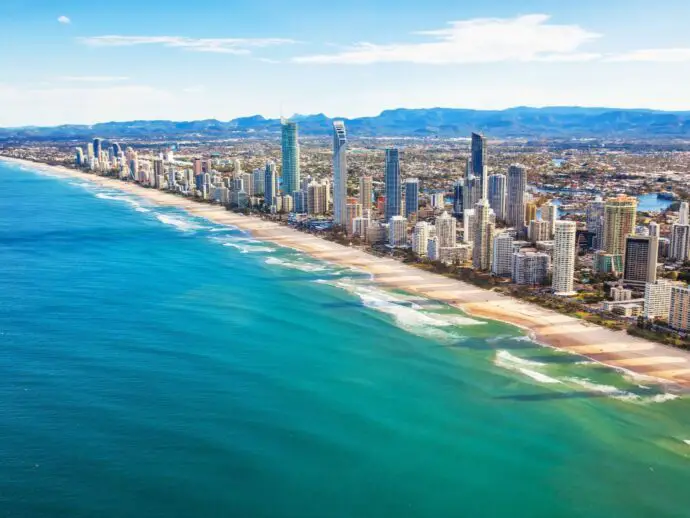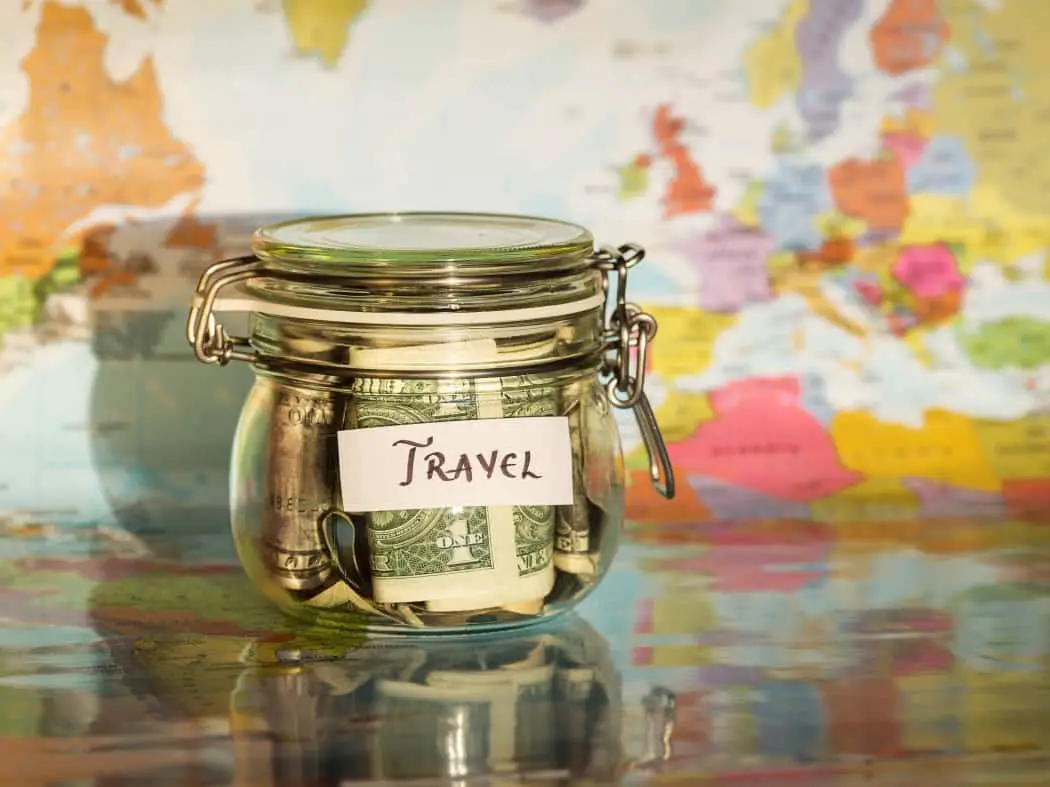Going on a holiday can be an expensive thing, especially at the moment. This is particularly so if you haven’t paid proper attention to your finances when you’re planning the details of your trip. So, how’s the best way to approach this? Below, we’ll take a look at a few key tips for preparing a cost-effective travel budget, to make sure you don’t overspend and don’t need to worry about the money side of things.
Track Your Spending Early
The earlier you start tracking your daily expenses, the better. This is what will allow you to identify how your money is being allocated, and whether you might save by rethinking things. For example, if your budget shows that you’re going to be spending a significant amount of money on taxis around a major European city centre, you might investigate the possibility of cycling, or taking a bus, instead. But you can only do this if you’ve actually gathered the information in the first place.
Use Technology to Help With Currency Exchange
When you’re spending foreign currency, getting the right exchange rate can be pivotal. The good news is that there’s more online competition when it comes to rates than ever before, thanks to a range of apps and special services. Shop around for the best rate, and arrange to collect your cash when it’s convenient. Just don’t leave it until the last minute and end up having to pay those extortionate exchange rates at the airport!

Look for Deals and Discounts Ahead of Time
Generally speaking, if you want maximum control over your holiday, you’ll arrange everything well ahead of time. That means booking your flights, accommodation, and entertainment months in advance, giving you plenty of time to find the cheapest deals. If you’re signed up for the right newsletters, and you make good use of comparison sites, then this job will be made much easier.
On the other hand, you might look for a last-minute trip. These can be very affordable – provided that you don’t mind where you’re going. We once did this for a trip and ended up in Laos – one of the best holidays we’ve ever had!
Consider Financing Your Trip if Necessary
If the upfront cost of your trip is significant, you might consider resorting to borrowing, especially if it’s for a special occasion. Low-interest secured loans could be the right fit for you, and there are some situations where this option makes a great deal of sense. If you know that you’re getting money in several weeks after your trip, but you can’t shift your dates back without spending extra, then the cost of your loan might be justifiable. Just make sure that you’ve done your homework, and that you have a plan for repaying the loan.

Consider Alternative Accommodation Options
You don’t need to stay in a hotel. It can often be much more affordable to stay in a rental, or even look for a house swap. These options will not only drive down the cost of your trip, but also allow you to have a more authentic experience. If you want to experience, say, Spanish culture, then why not stay in a flat that belongs to a Spaniard?
Factor in Travel Insurance and Emergency Funds
One common mistake is to neglect to factor in additional expenses. Travel insurance is something that, in most cases, you won’t need – but in those cases where you do, you’ll be glad that you invested in it. The same goes for an emergency fund to deal with problems. Having a few hundred extra euros (or dollars, or pounds) in your pocket might give you some valuable peace of mind.





